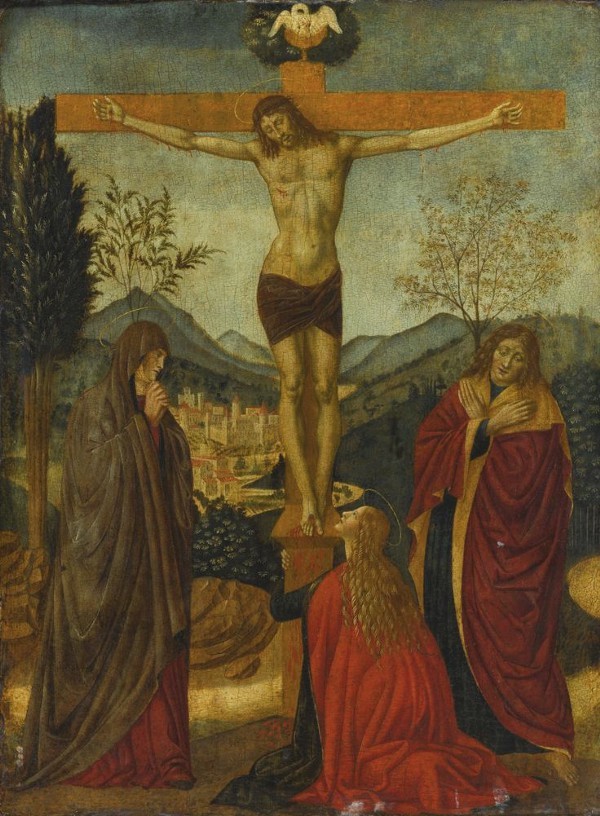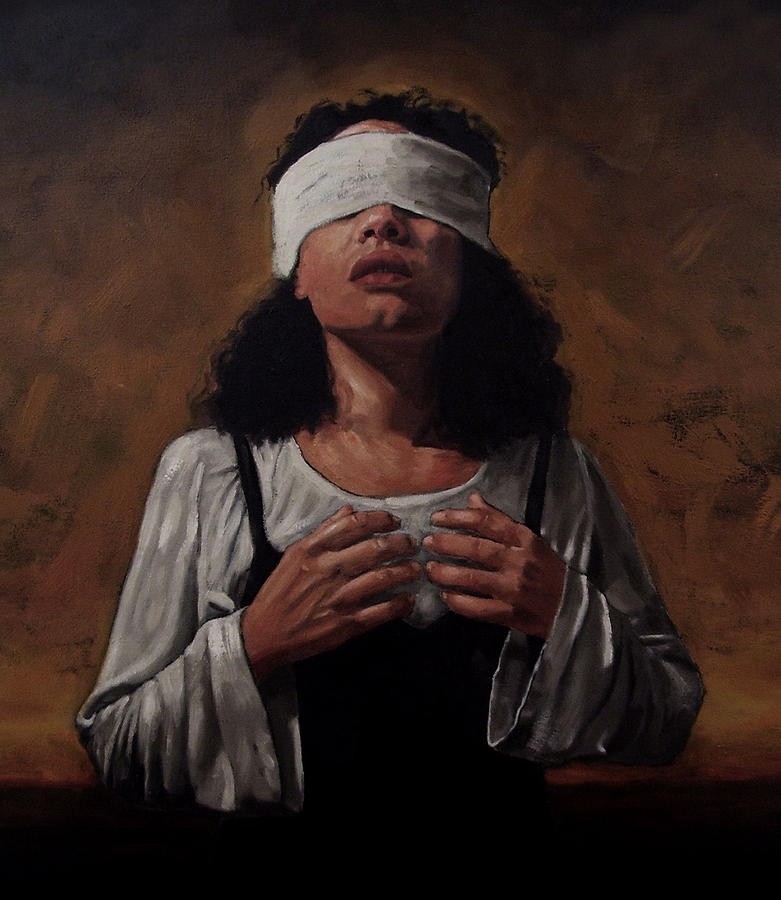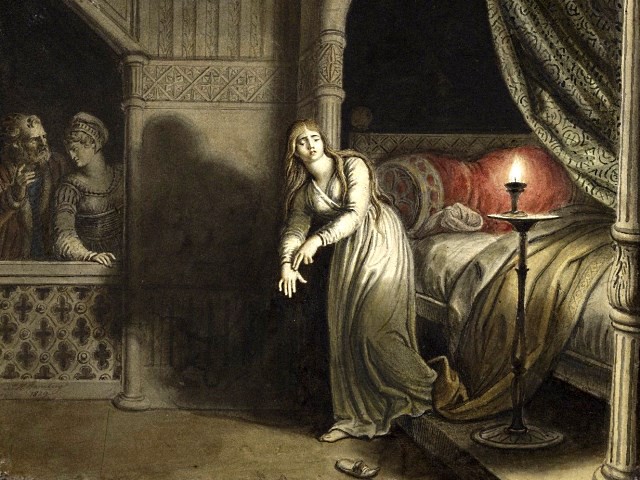“What we’ve done to God, only war can purge us from this guilt.”
For a time we were all the same, for a time we were all philosophers. Men, women, and children convinced that truth exist within each other — never thinking it only exist within our minds.
The Philosopher as the Common Person
Every individual was once a philosopher. In fact each person in the world is still a philosopher as each person has defined for themselves how to live within the context of their world. Within the context of the world, each person has assigned specific meaning to their lives to define the kind of person that they are or choose to become. In doing so, each person has been able to live their lives differently from anyone else; as even today billions of people will experience today in a billion different ways. Each person has their own stories, their own opinions, their own perspectives, their own journeys, their own destinations, and thus in the scope of what is possible for the philosopher — the individual, there is no one way to see things, or one way to do things. The philosopher has thoughts, but thoughts do not have her. The philosopher knows belief, but beliefs do not have her. More importantly, the life of the philosopher consist of doubt because doubt is the tool of the philosopher to fashion oneself. Thus in doubt the philosopher creates itself. If the philosopher was never sure of what it was in the beginning, whatever the philosopher is in the end cannot change what it was in the beginning. For the philosopher, to know oneself is to become oneself but to never know oneself is to accept oneself. Thus for a time, the individual was a philosopher and the philosopher a common person.
The Philosopher’s Negligence and Source of Doubt
Therefore it is embarrassing to think that the philosopher, after all these years, has yet to make a claim of God that is both indubitable and readily accepted by the masses. It was the philosopher who was the first friend of God? Philosophers were the first to think upon God’s creation, and in awe philosophers became lovers of wisdom; embracing that we know one thing — we know that we know nothing.1 Philosophers understood their ignorance and out of ignorance they were the first ones to doubt. The first to question life while simultaneously living it; the first to create meaning out of the many possibilities the answer to this question can appear as. In doing so, philosophers explored the depths of the unknown and secured the foundations of science, mathematics, tradition, art, government, language, and politics. But in all the questionings of the philosopher, how is it that the philosopher has forgotten the source that allows the origin of doubt to exist and has allowed this source which is God to be neglected.
The Redemption of the Philosopher and the Common Person Becoming Religious
In forgetting the source that allows the origin of doubt, the philosopher has allowed God (our first friend) to be divided and God’s image which created us to be prostituted by religions who cast lots of God. Out of the same doubt which creates the philosopher, religious doubt allowed the fear of God to divide us and dogma to restrain us. Yet the philosopher has allowed for those who are religious to know their ignorance as faith; and those who are religious to allow this faith be presented through dogma to think they know God though they do not know God, being foolish enough to think they cannot be fooled. In truth, no one can know what one is seeing if one does not know what one is looking at. As a result the philosopher has given rise to the religious who remove the innocence of ignorance, and confirm that one knows that one knows something though in truth one knows that one knows nothing and the same mystery that reveals God obscures it. The common person has become religious, and instead of doubting there is truth in search of truth she says she has found it. The philosopher has become religious and doubt has become something to fear. Though philosophy is fragmented today, and has forsaken the common person: has complicated concepts, has become technical and dense, and has remained exclusive to the average person, the common person is not yet done philosophizing. I, being the common person, will ground philosophy for the common person once more and remind the philosopher, who is the common person, of his God once more.

The Philosopher and the Philosophy Depend upon a God
As a philosopher, what is there to philosophize if I cannot ground my existence through God? If momentarily we assume God does not exist, what will come of me if upon my death I am absent from this experience of life? Will the world declare I was not here, like those who history has not deemed memorable to remember? If we can declare God absent from the experience of life, and as it is now I can be known but as for God we cannot know him, what will come of my absence when none can know me? Will I too be forever absent and my existence never felt? What philosopher can philosophize about his own absence if wherever the philosopher is his presence is with him? What is a philosopher without a philosophy, if the wisdom that one knows that one knows nothing does not also prove he too is ignorant of his absence? And what absence can ever be felt when one can be present in one’s absence. So too is the error of the philosopher. To disprove God is to deny one’s own philosophy that last beyond one’s time, and one’s presence that may be felt even after one’s death.
The Death of the Philosopher and Philosophy as a Prayer
All philosophies are a prayer to God and there is no philosopher whose death does not answer that same prayer. This is to say that, any philosophy one comes up with exist within one’s own mind. The same place that allows for doubt to be the creation of God is also the same place where the same doubt constructs one’s philosophy. These philosophies of life we all have, allows us to live our lives with the understanding that we are never really sure if we ever lived a good life, or a bad one, but that we lived. The prayer suggest that, to live with the ignorance of never knowing how one has ever lived, is to admit that God exist. As one is literally living in a state of doubt, the same doubt which literally creates God. In this sense one is literally living within a knowledge of God without knowing it. There is no philosopher whose death does not answer that same prayer. When the philosopher dies her philosophy does not die with her.
Rather it remains alive in others, as we are all shaped by the philosophies and ways of life of others; even those who no longer exist have their presence felt. The death of the philosopher never happens, because the philosopher is created out of doubt in as much as God is created out of doubt within the mind of the philosopher. Neither the philosophy or God ever die, the prayer is answered. The philosopher can no longer doubt what the truth becomes, one can be present even in one’s absence. To know God is to doubt God, to doubt is to become the philosopher. To become the philosopher is to create a philosophy, to create the philosophy is to praise God. The philosophy of the philosopher is present without the philosopher. We create god out of doubt to know god through our feelings as explained by faith. Doubt creates God; the separation of our oneness with our awareness of an oneness. Yet doubt allows us to know God through our feelings as feelings is the absence of doubt. The mind creates doubt. Feelings is the absence of that doubt. We can know god through our feelings because it is through our feelings we are able to know the oneness of ourselves to God. We all long to do unto others as they do unto us. To feel love as they let us feel love and to make others feel hate as they allow us to feel hate. Feelings are the reality we choose unknowingly to convince us of the truth that we are one. That’s the philosopher’s death; to end the image of doubt she possessed in her mind of God, by simultaneously living the best possible version of life she doubted within herself all along — allowing herself to be a vessel through which all things are possible.

The Innocence of the Philosopher
In this context only the philosopher’s death is innocent. The ignorant are redeemed by their ignorance and are considered innocent because their presence is their absence and their absence is their presence. To prove oneself only because one can be proven among others, is to accept only temporarily that one’s existence can be known and forgotten but to prove oneself without the need of others, is to accept one’s existence is forever. So the philosopher, if he must be present to philosophize, his absence denies his existence and if the philosopher is absent though one’s philosophy is present its presence affirms the philosopher’s existence. It is this faith of the philosopher that allows for her to create God out of doubt, and it is this same faith that allows the philosopher to feel the presence of God and in feeling the presence of God know God and all creation.
The Innocence of the Philosopher Reclaimed through God
God is that philosopher who is absent from her philosophy, yet is present in the philosophy of others. God is a presence that cannot be refuted whether absent or present because his presence is always felt. God is the great philosopher whose philosophies become our lives, and whose lives become the way back to him as he is the highest of thoughts which forms itself within our minds though never existing within it. God is the only thing that is ever doubted in the mind, because we are God’s creators. We must ground God back into the reality in which he has allowed himself to be conceived and allow no further dogmas to make claims of what has been in the beginning and will be in the end. We must reclaim the innocence of our ignorance, for the philosopher there is no greater love than to lay down one’s life for a friend. Thus I yield before this great philosopher God; this highest of thoughts which forms itself within my mind, though never existing within it deserves a proof.
Therefore what is it that you doubt, if to live is to doubt God. Do you realize it yet, do you realize that death is necessary in order for you to truly know God. Isn’t this the innocence of the philosopher, to know God by experiencing life.
Originally published at medium.com


